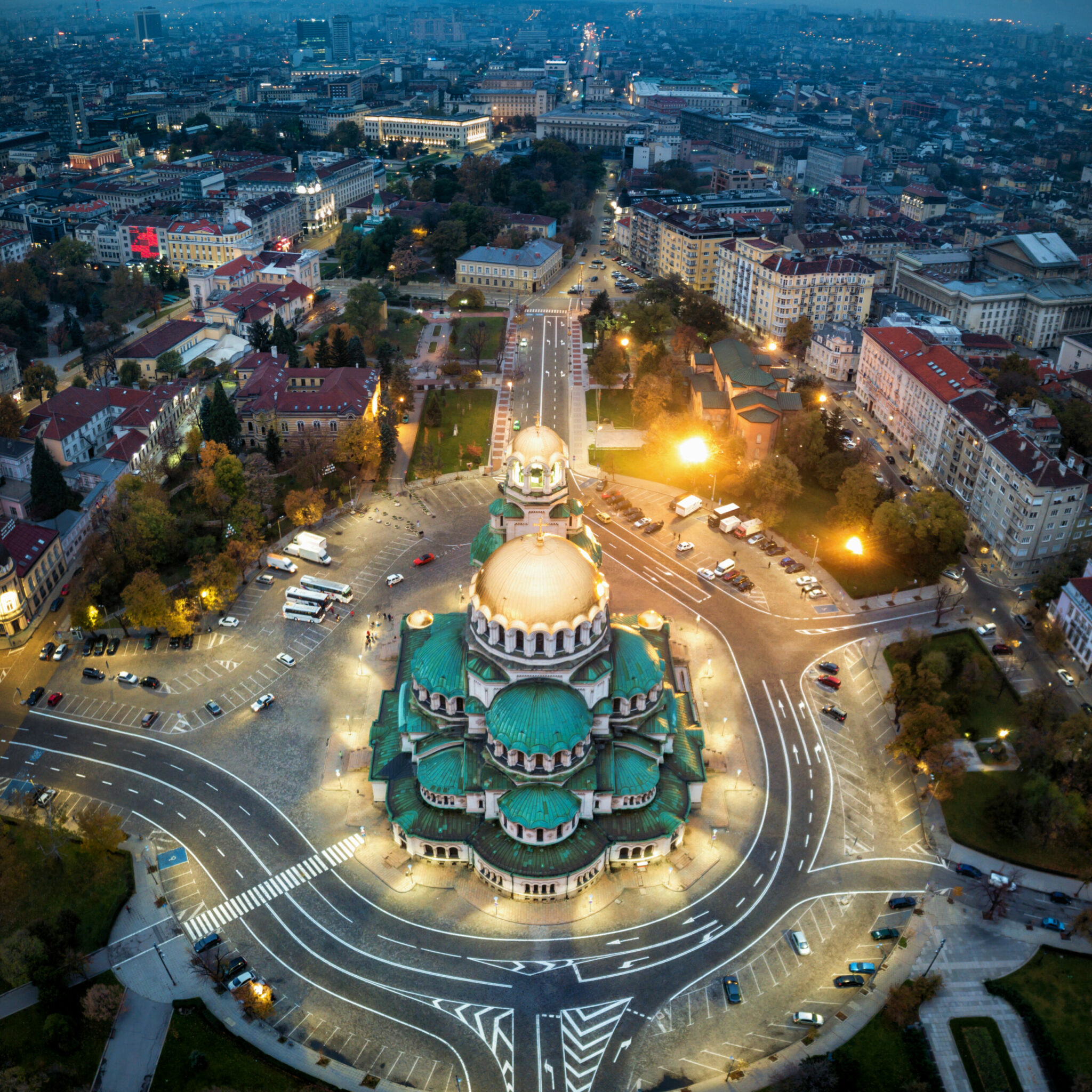Bulgaria, located in the southeast Europe, is a nation with diverse landscape encompassing Black Sea coastline, a mountainous interior and rivers, including the Danube. It is a cultural melting pot with Greek, Slavic, Ottoman, and Persian influences. Sofia, the capital, lays at the foot of domed Vitosha mountain. Bulgaria is the 16th largest country in Europe, covering 110,994 km² with the population of 6.878 million (2021).
The history of the sport of judo in Bulgaria began in 1923-24 with the legendary Bulgarian colonel general, diplomat and Olympic equestrian Vladimir Stoychev, who studied ju-jutsu in Vienna. On his initiative, two ju-jutsu schools were created, however, they lasted only a short time. The first attempts to form judo groups were made in 1936 by physical education teacher, Angel Varsanov, at the First Men’s High School in Sofia.
In 1948, by the inventiveness of Prof. Zhivko Filipov, associate professor at VIF (Higher Institute of Physical Education), 3rd Dan judo specialist from the Budapest Institute of Physical Culture and Sports, judo and ju-jutsu were introduced as a regular subject, which lasted until 1953. In 1958, the National Judo Federation of Bulgaria was established and was equally accepted as a member of the European Judo Union. From 1962, judo commenced to develop as an independent sport. Since then, Bulgarian judo has seen a progressive rise, with the 80s of the 20th century being particularly fruitful. Today, there are 4200 judoka registered across 67 judo clubs.
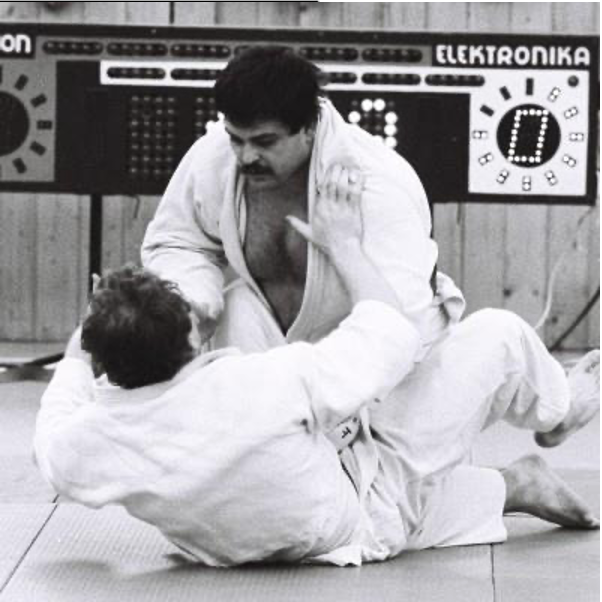
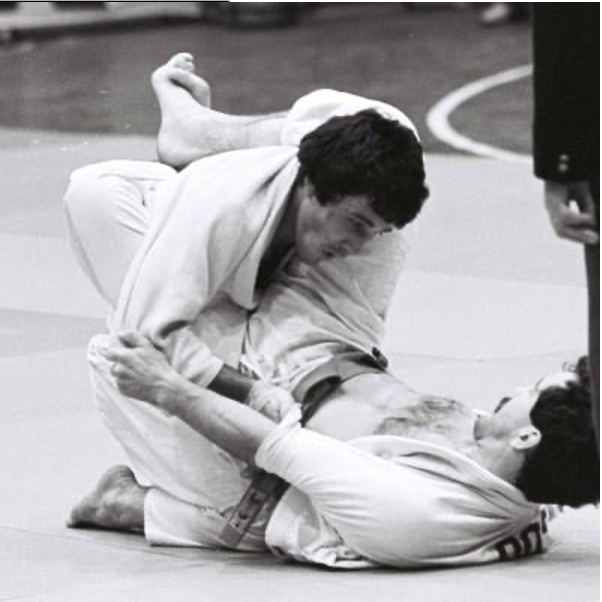
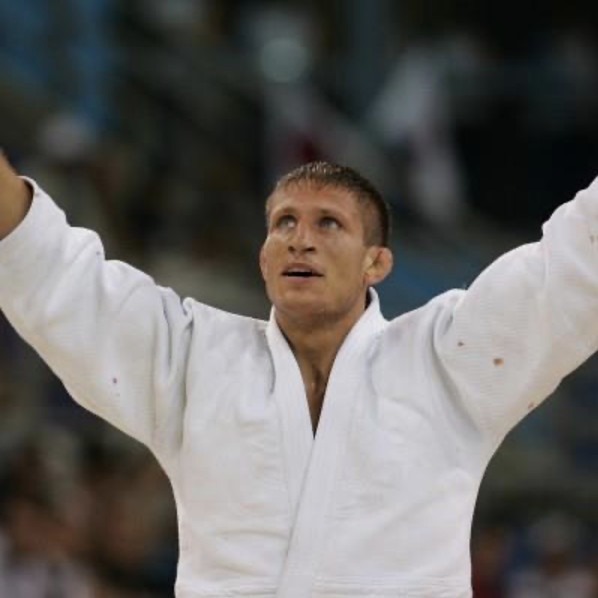
The 80s were rewarding indeed as two of their three Olympic medal came around that time. Precisely during the 1980 Moscow Olympics where Bulgaria instantly doubled the joy with a silver ware from Dimitar ZAPRYANOV (+95kg) and bronze by Ilian NEDKOV (-65kg). Two decades of silence and Georgi GEORGIEV relighted the fire during Athens 2004 Olympic Games when winning bronze in the -66kg category.
Bulgaria has plenty more Olympians to account for, with the most recent triples, namely, Ivelina ILIEVA, Yanislav GERCHEV and Ivaylo IVANOV. All three of them participated at the Tokyo 2020 Olympic Games.
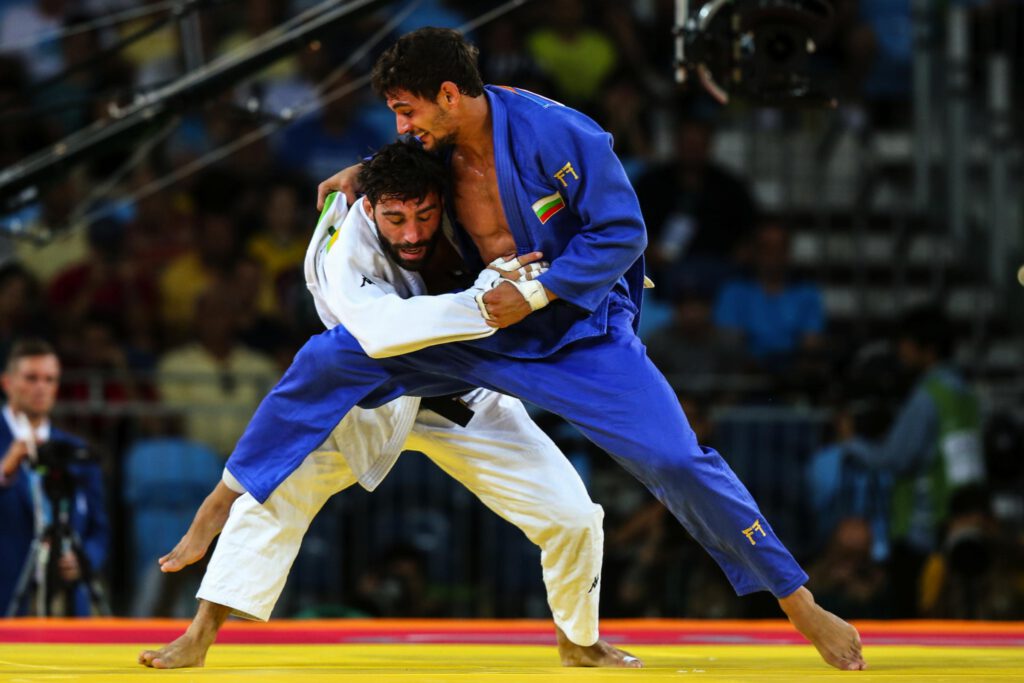
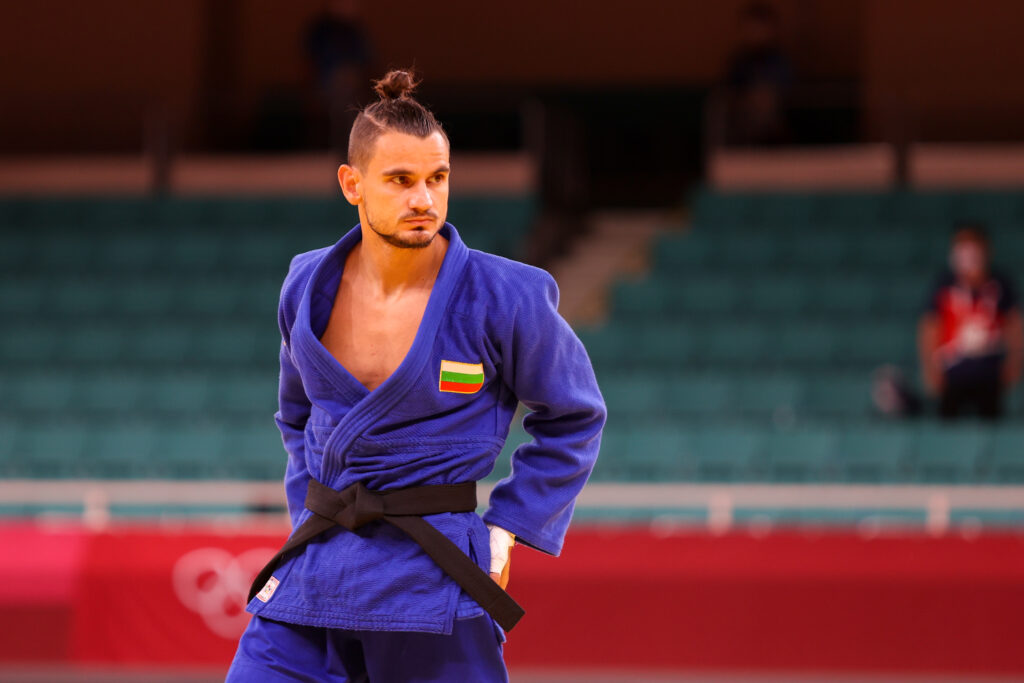
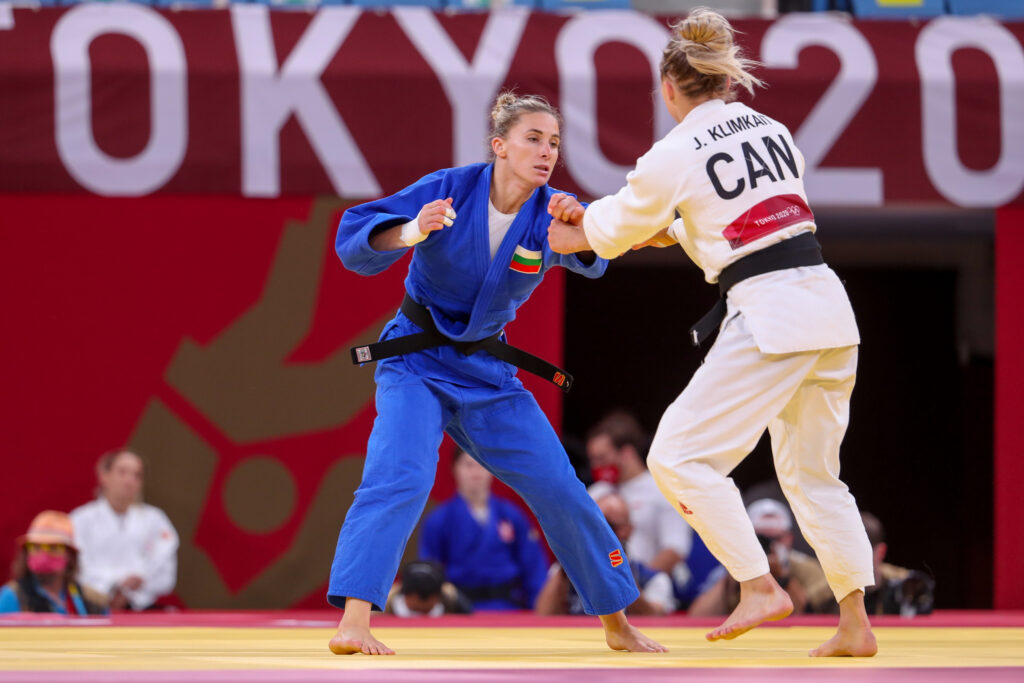
The 80s continued to be successful amongst the world too with a double honour from Seoul 1985 senior World Judo Championships, achieved on the same day. It was on the 26 September 1985 precisely when Georgi PETROV nailed second place in the -86kg category whilst Zapryanov added to his bronze collection in the +95kg category. Bulgaria’s reoccurring trebles was completed in 1999 at the Hyundai Judo World Championships Birmingham 1999 with a third-place finish by Tsvetana BOZHILOVA in the +78kg category. On the 5th of August 2015, another historical moment was marked in the story books of Bulgarian judo with their first ever cadet world championships title brought by Denislav IVANOV who carried out his victorious performance in the -55kg category.
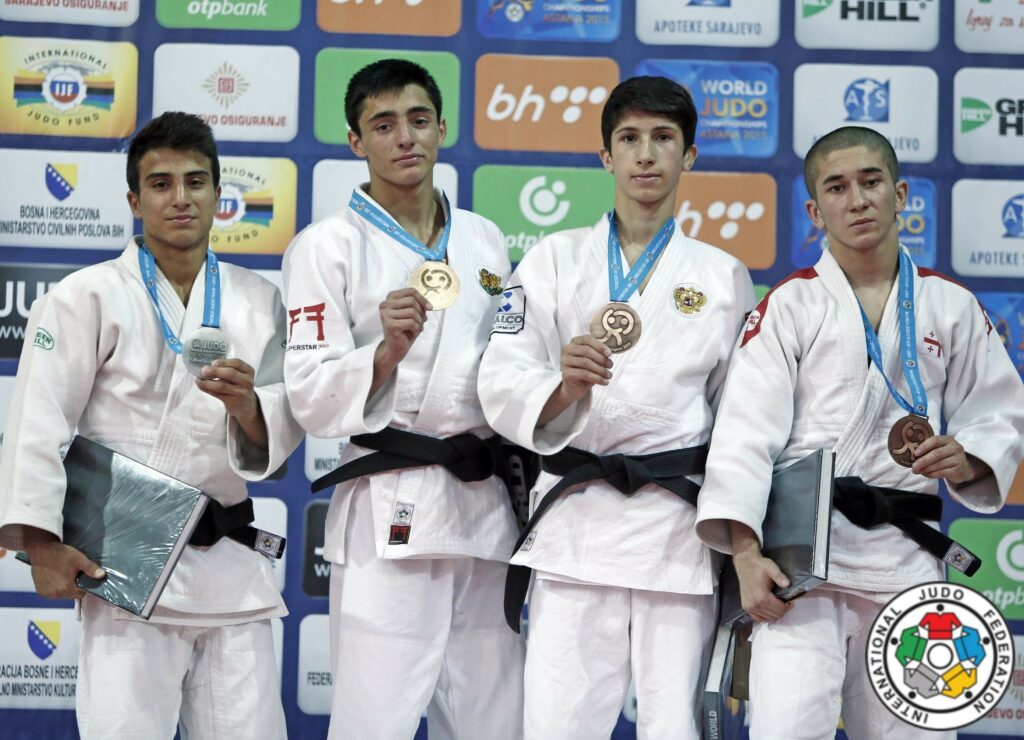
There are 28 senior European medals accounted for via judo within the country with a single victory from 1981 by Georgi PETROV. The latest additions were delivered on home soil during the 2022 senior Europeans in Sofia. Gerchev won his third continental silver whilst Mark HRISTOV bagged his first senior euro medal when finishing third place in the -73kg category. The latter also aced gold during the u23 Europeans last year.
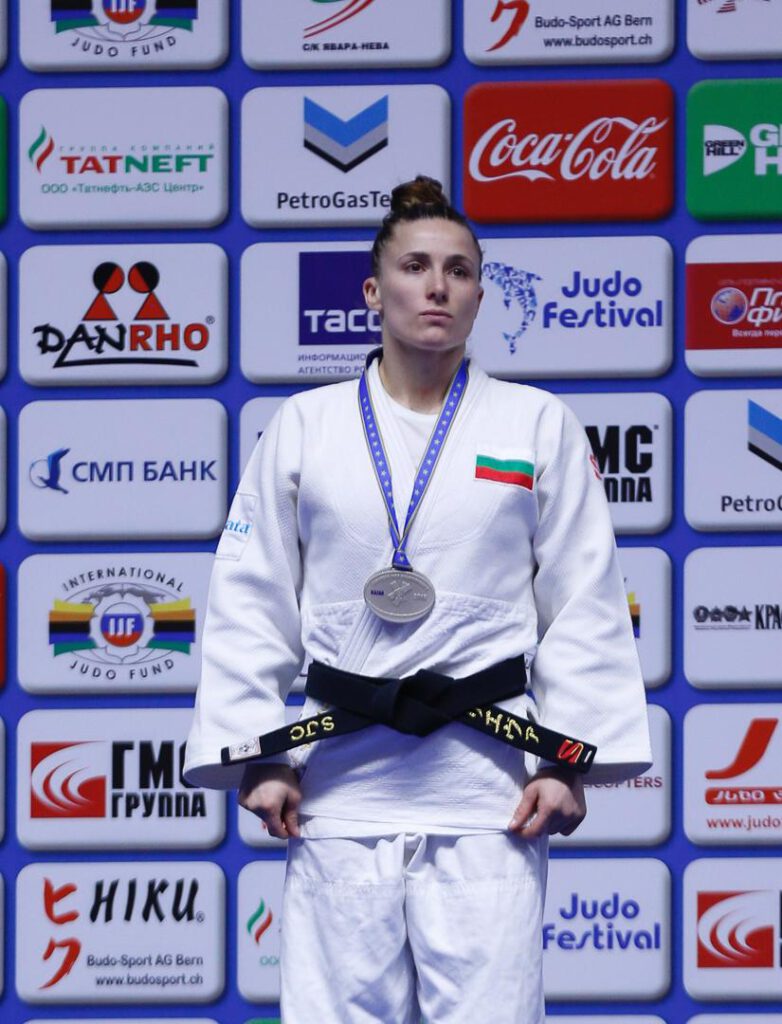
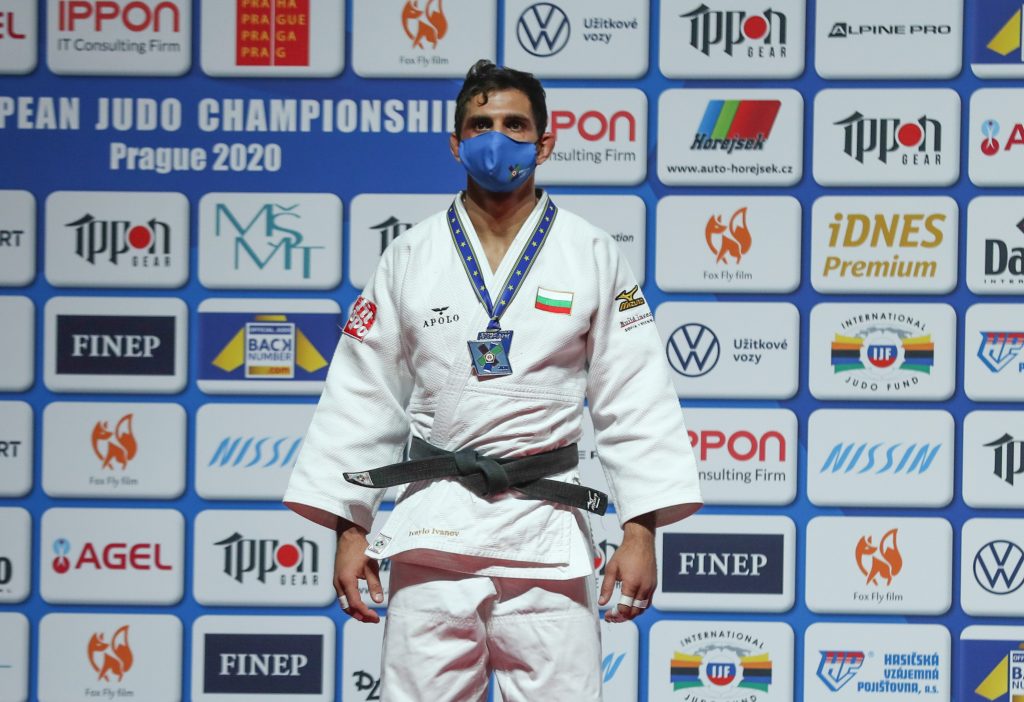
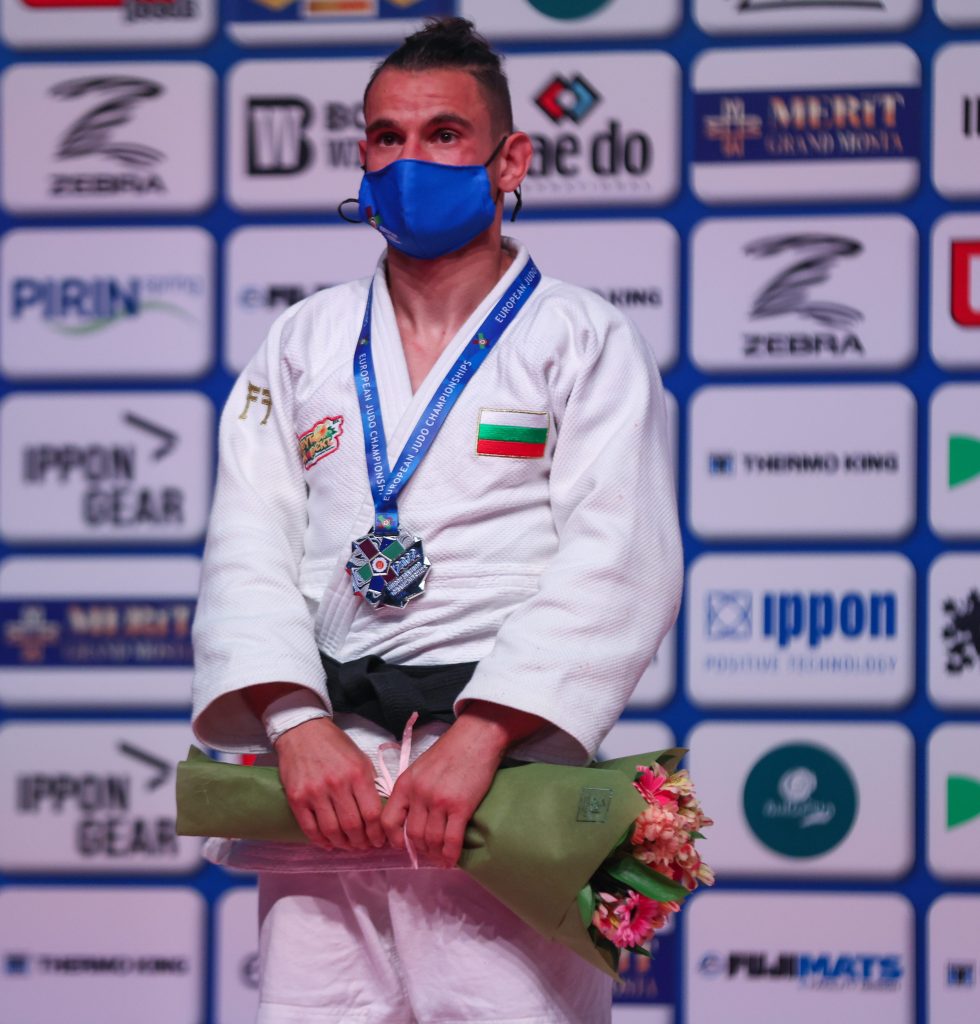
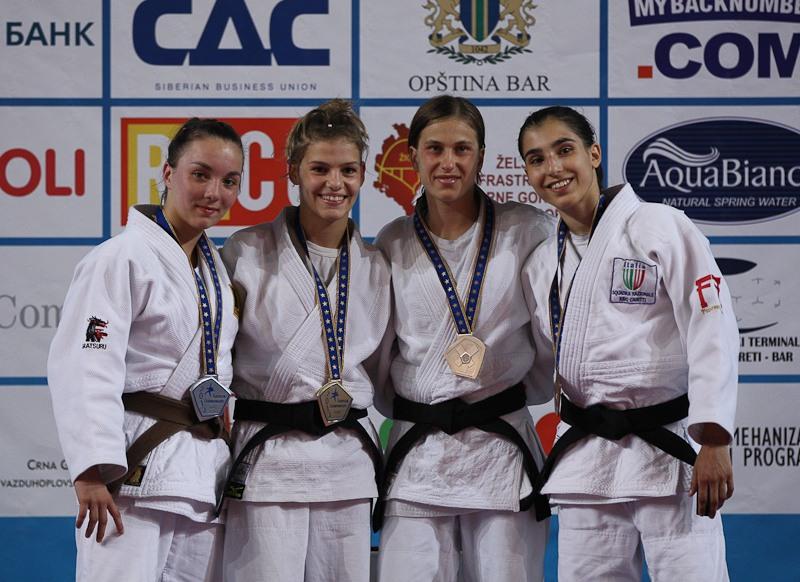
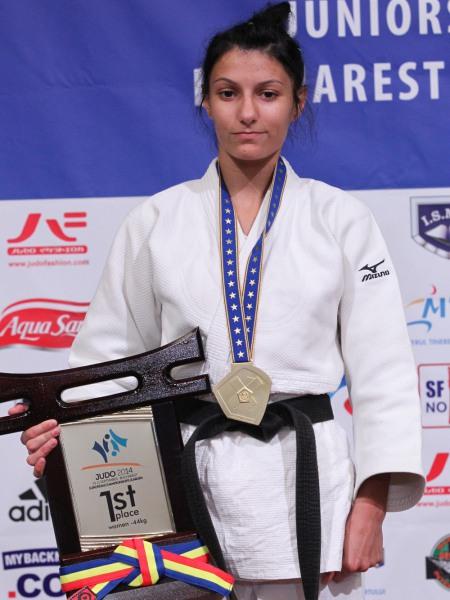
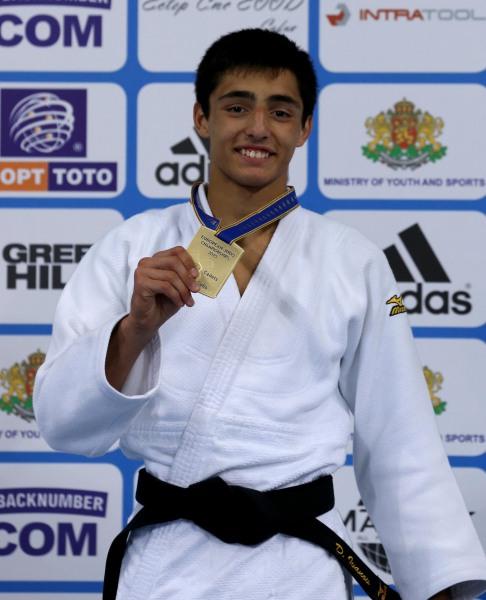
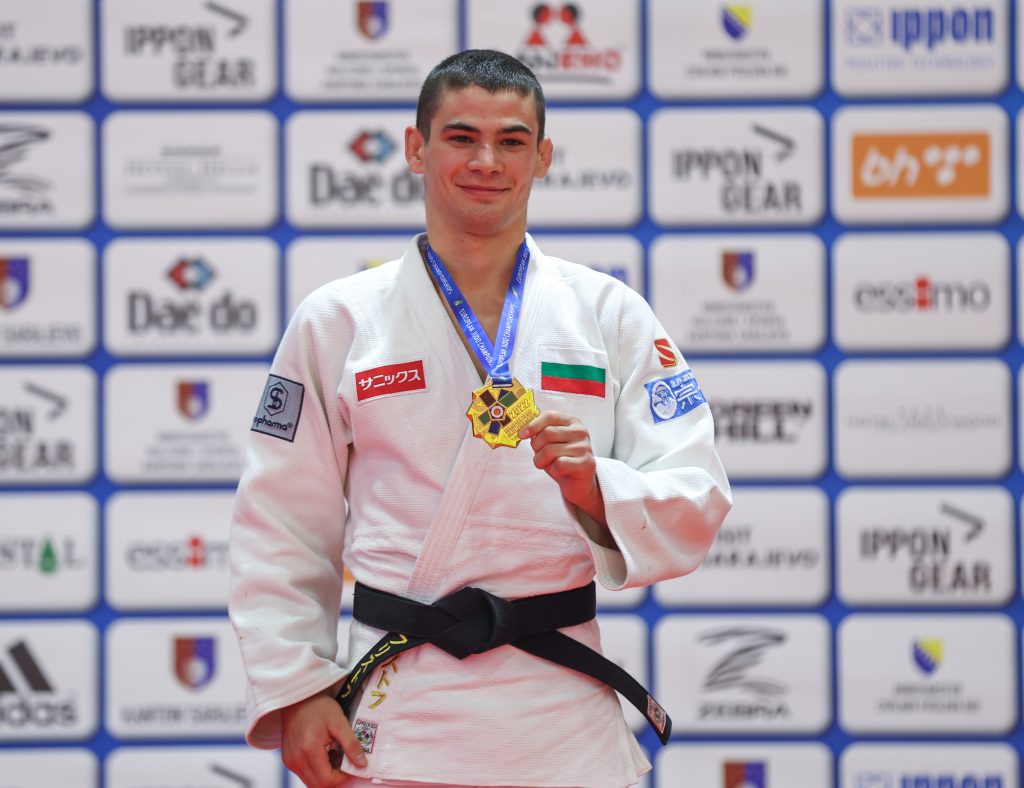
During the junior Europeans in 2014, Borislava DAMYANOVA claimed Bulgaria’s first ever junior European title. Two years prior to that, Betina TEMELKOVA marked the first gold at the cadet Europeans. In 2015, Denislav Ivanov followed his teammate’s footsteps and went onto winning the -55kg category, doubling on cadet credits. This year, Bulgaria once again marked a new chapter. This time with a freshly established veteran European gold medal by Ivaylo POPOV.
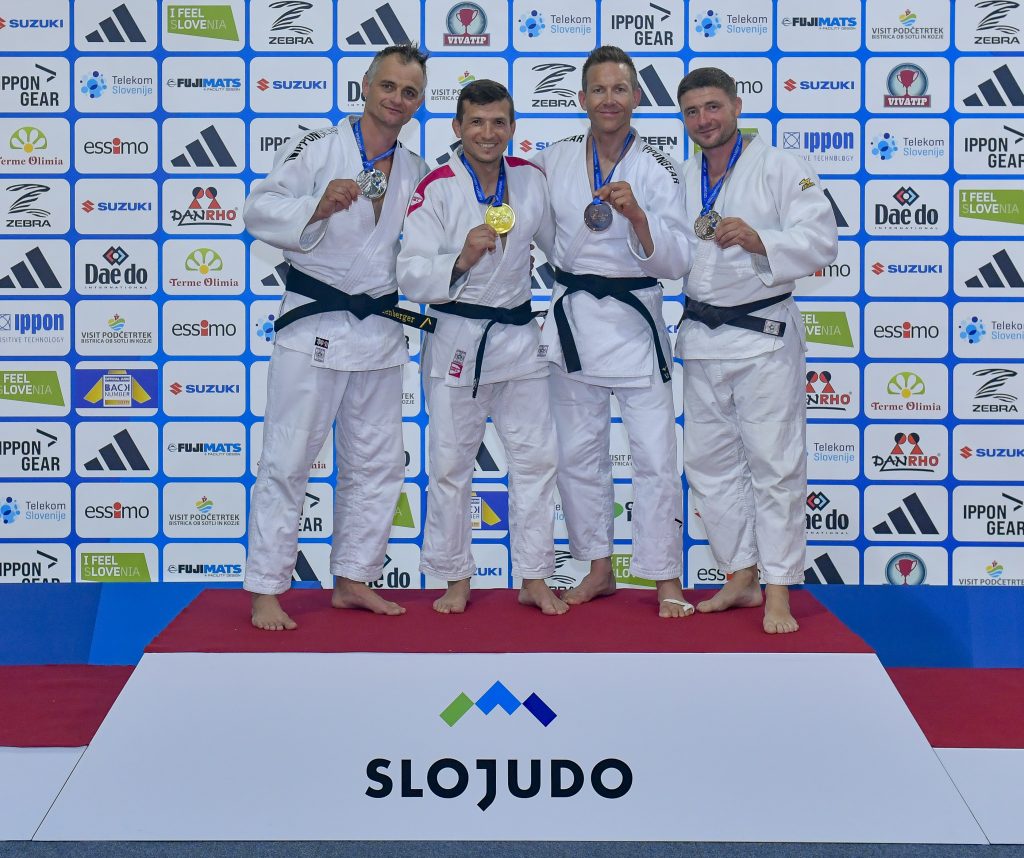
Bulgaria is a regular host to many high-level tournaments. Next year, their multitude continues with the return of the cadet Europeans. Enjoy the promotional video of the European Judo Championships Cadets 2024.
See you in Bulgaria! Shte se vidim v Bŭlgariya
Off the mat… Did you know?
- Bulgaria is one of the oldest European countries established in 681 AD. Since then, Bulgaria is the only one that hasn’t changed its name.
- The highest peak on the Balkan Peninsula is the Musala Peak. It’s located in Rila Mountain, Bulgaria, rising at 2925m above sea level.
- Bulgaria produced as much as 85% of the world’s rose oil.
- Bulgarians are spilling water in front of the door for success.
- World’s first digital wristwatch was developed by the Bulgarian, Peter Petroff.
Author: Szandra Szogedi



